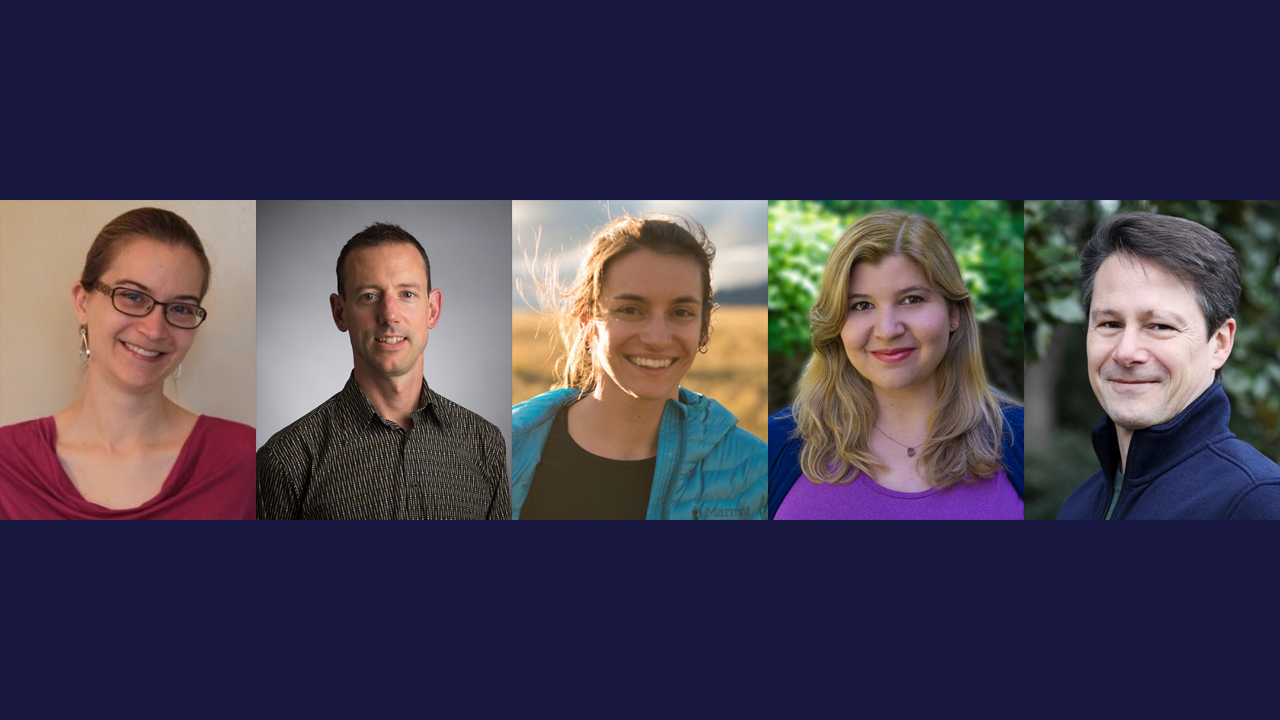
A panel of five science writers spoke about the art and business of freelancing on Sept. 19 at Hugo House.
According to the Freelancers Union, 54 million Americans are freelancers. What does it take to start — and maintain — a successful freelance career in 2017? Whether you’re looking to dip your toe into freelancing as a second job, take the plunge into the full-time freelance life, or an editor looking to better understand the challenges freelancers face, our speakers’ short talks touched on the myriad skills freelancers must cultivate, and provided practical tips on how to master them.
Speakers included:
- Wayt Gibbs on negotiation – Wayt Gibbs is a contributing editor at Scientific American and a freelance science journalist who has written for Science, Nature, Discover,The Economist, Wired, IEEE Spectrum, NBC.com, and other publications. He is also editorial director at Intellectual Ventures, a research and invention firm in Bellevue, where he works with founder and CEO Nathan Myhrvold on projects in space science, paleontology, disease modeling, food science, and other areas.
- Mark Harris on staying organized in the business of freelancing – Mark Harris is an investigative technology reporter based in Seattle, writing regularly for The Guardian, Wired, MIT Technology Review and The Economist. He has a special interest in transportation, breaking stories on automated vehicles, drones, and smart cities. Most recently, one of his public records requests triggered Waymo’s self-driving car lawsuit against Uber. In 2014, he was a Knight Science Journalism Fellow at MIT, and in 2015 he won the AAAS Kavli Science Journalism Gold Award.
- Samantha Larson on balancing freelancing with a part- or full-time job – Samantha Larson is a writer and journalist who focuses on science, the environment, and outdoor adventure. She first moved to Seattle for the fellowship program at Grist and then spent 2.5 years as a full-time freelancer, writing for local and national publications including Outside, Smithsonian, National Geographic, Mental Floss, Nautilus, RootsRated, and Crosscut. In May, in addition to freelancing, she began to work part-time as the Science Writer for Washington Sea Grant, a program based at the University of Washington’s College of the Environment and administered by NOAA that conducts marine and fisheries research, outreach, and education.
- Megan Cartwright on finding and keeping diverse clients & streams of work – A toxicologist by training and a writer by inclination, Megan started doing science writing in grad school and hasn’t stopped since. After an amazing ten weeks as a Mass Media Fellow at Slate, one PhD defense, and nine months of full-time freelancing, Megan was hired as a Clinical Editor for the medical education company Clinical Care Options. When not working, she reads voraciously, hikes with her husband, and writes sci-fi under her married name, Megan Chaudhuri.
- Christie Wilcox on using social media and other new media to build your business – Christie Wilcox, PhD, is an award-winning science writer based in the Seattle area. She pens the Science Sushi blog for Discover Magazine, and her bylines include The Washington Post, Popular Science, and Quanta. She also helped edit Science Blogging: The Essential Guide, which brought together more than two dozen leading bloggers to offer guidance to science journalists, scientists, and anyone else who has something to say about science and wants to do it on a blogging platform.
A live tweet of the event is available below.
